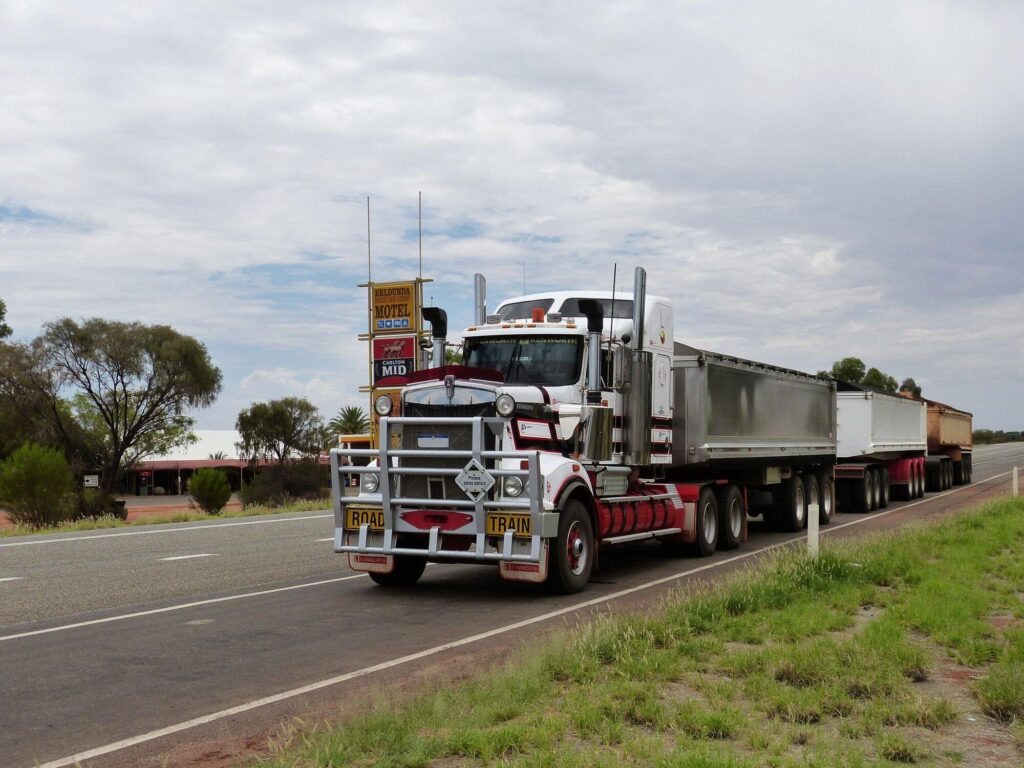Transportation insurance might seem complicated at first, with all its different coverage options, legal details, and claims steps. But getting a clear picture of it is key for any business that uses vehicles for shipping or delivery. Having the right protection doesn’t just keep your assets safe-it also gives you peace of mind.
By choosing the right coverage and handling claims effectively, businesses can reduce risks and make their operations smoother and more secure. Let’s dive in!
Why Transportation Insurance Matters
For companies in logistics, transportation insurance is a must. Without it, businesses face big financial risks.
The trucking industry loses millions from accidents, theft, and cargo damage. For instance, cargo theft incidents jumped to 27% in 2024. This shows why having the right insurance is crucial to protect against these risks.
Choosing the Right Coverage
When choosing transportation insurance, businesses must consider a few key factors. They should think about their needs and the types of goods they transport. The main types of insurance are:
Liability Coverage
Liability coverage protects your business if someone is injured or their property is damaged by your vehicles. Accidents can happen, even if you’re careful. Without this coverage, your business could face costly lawsuits or claims.
Cargo Insurance
Cargo insurance covers your goods if they are lost or damaged during transport. This could be from theft, accidents, or other issues. It helps protect your business from losing money on damaged or missing products.
Physical Damage Coverage
Physical damage coverage protects your vehicles from damage in accidents or bad weather. This includes things like crashes, hail, or floods. Without it, you could face expensive repairs and have fewer vehicles to run your business.
Auto Hauler Insurance
Auto hauler insurance is for businesses that move vehicles. It covers both the truck doing the hauling and the vehicles being transported. This insurance helps protect your business from the risks of moving cars and trucks.
The Claims Process: What to Expect
The claims process can be tricky, but knowing what to do can make it easier. After an incident, it’s important to document everything carefully. Take photos and keep records of any damage.
Contact your insurance provider right away and give them all the needed paperwork. Most insurance companies try to process claims in a few weeks, but some cases may take longer. Staying active and responsive can help speed up the process.
Understanding Policy Limits and Exclusions
When getting transportation insurance, it’s important to review the policy terms, limits, and exclusions. Every policy has a coverage limit, and knowing these limits helps businesses prepare for possible risks. Common exclusions include:
- Poorly secured loads
- Unlicensed drivers
- Uncovered acts of nature
By understanding these exclusions, businesses can take steps to reduce risks and avoid surprises when making a claim.
Benefits of Partnering with an Insurance Broker
Working with an insurance broker who knows transportation insurance can help your business find the right coverage and save money. They can also negotiate better terms and keep you updated on rules and trends to ensure you get the best protection.
Securing Comprehensive Protection
Working with an insurance broker who knows transportation insurance can help your business find the right coverage and save money. They can also negotiate better terms and keep you updated on rules and trends to ensure you get the best protection.
Is this article helpful? Keep reading our blog for more.







